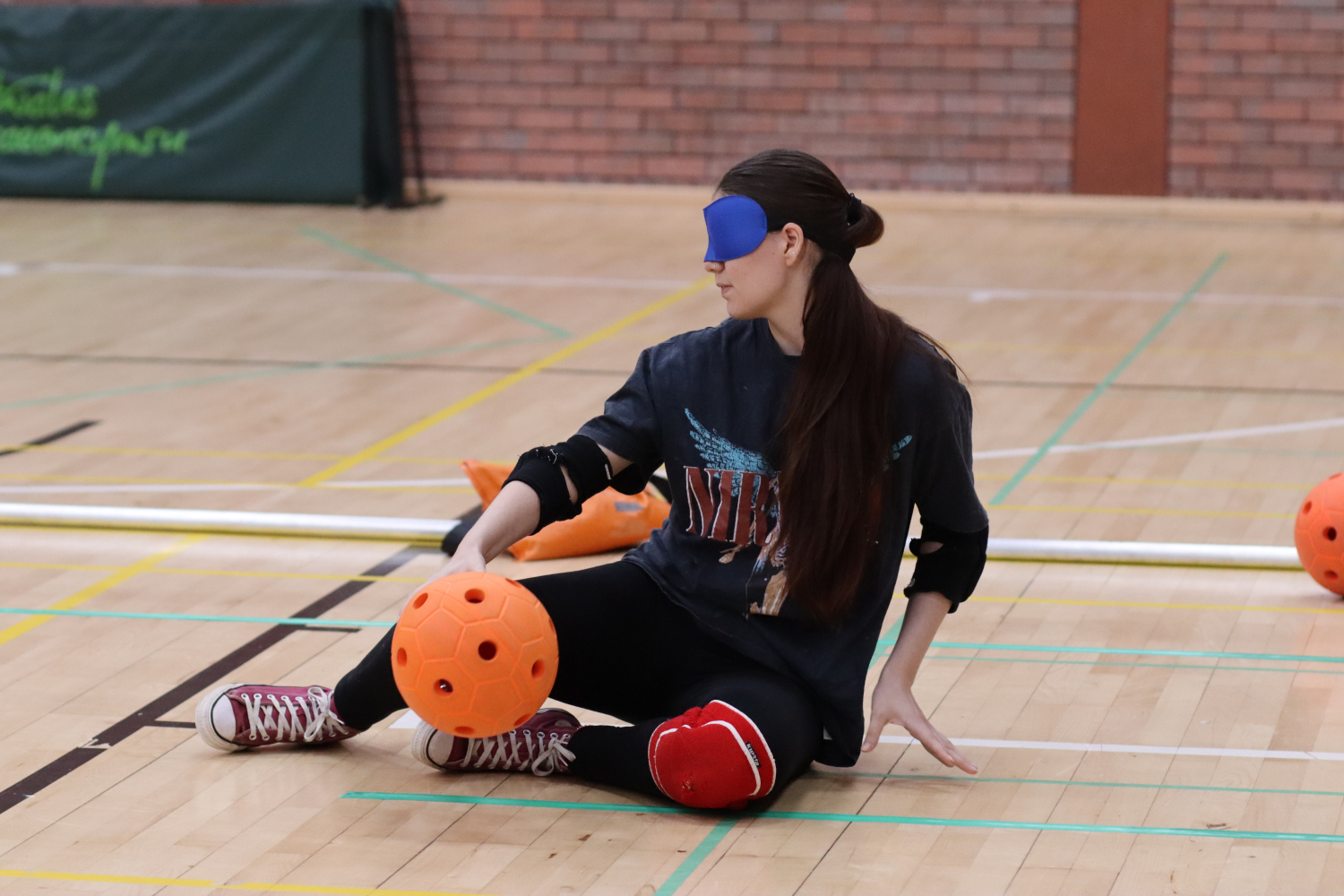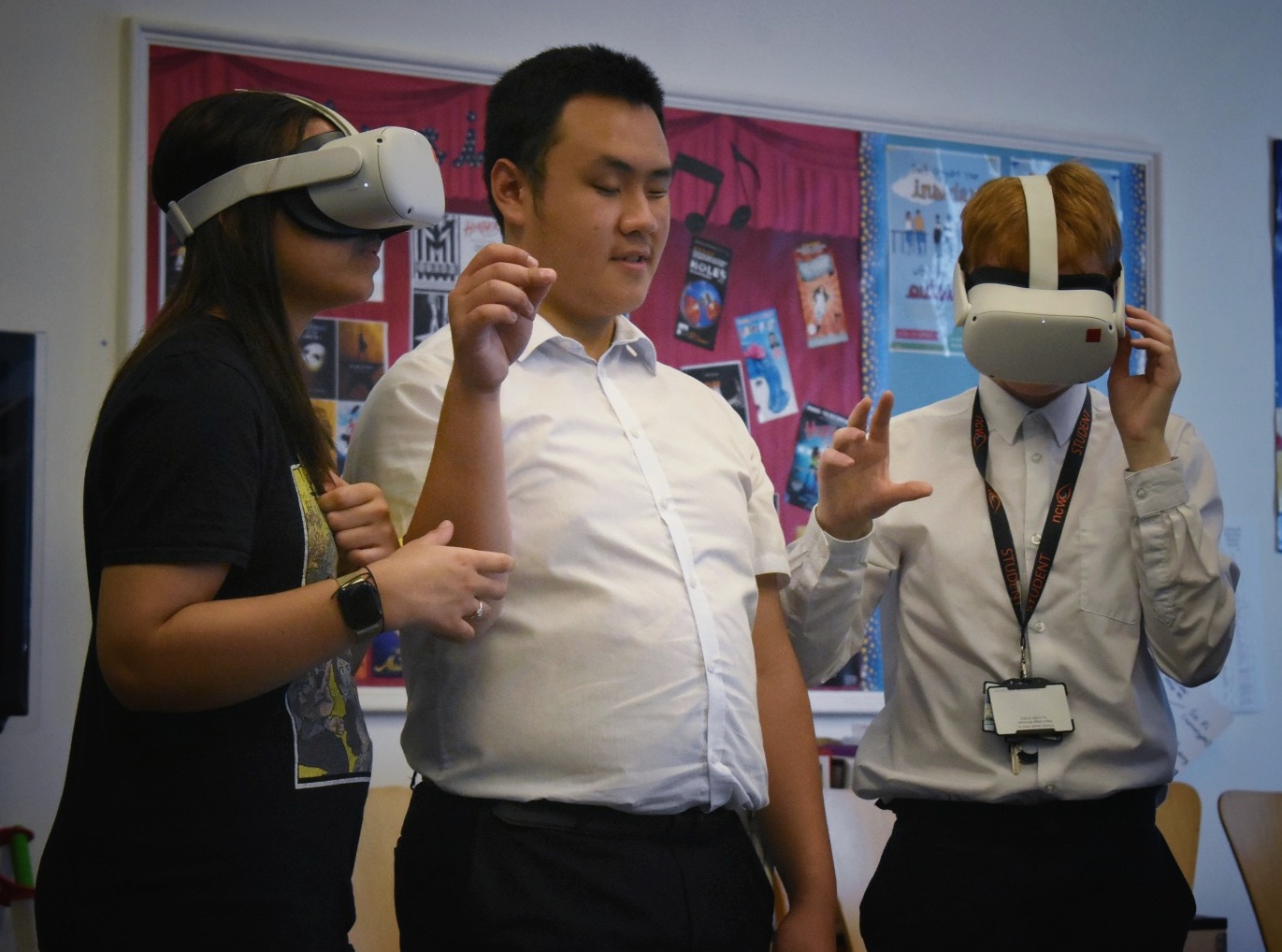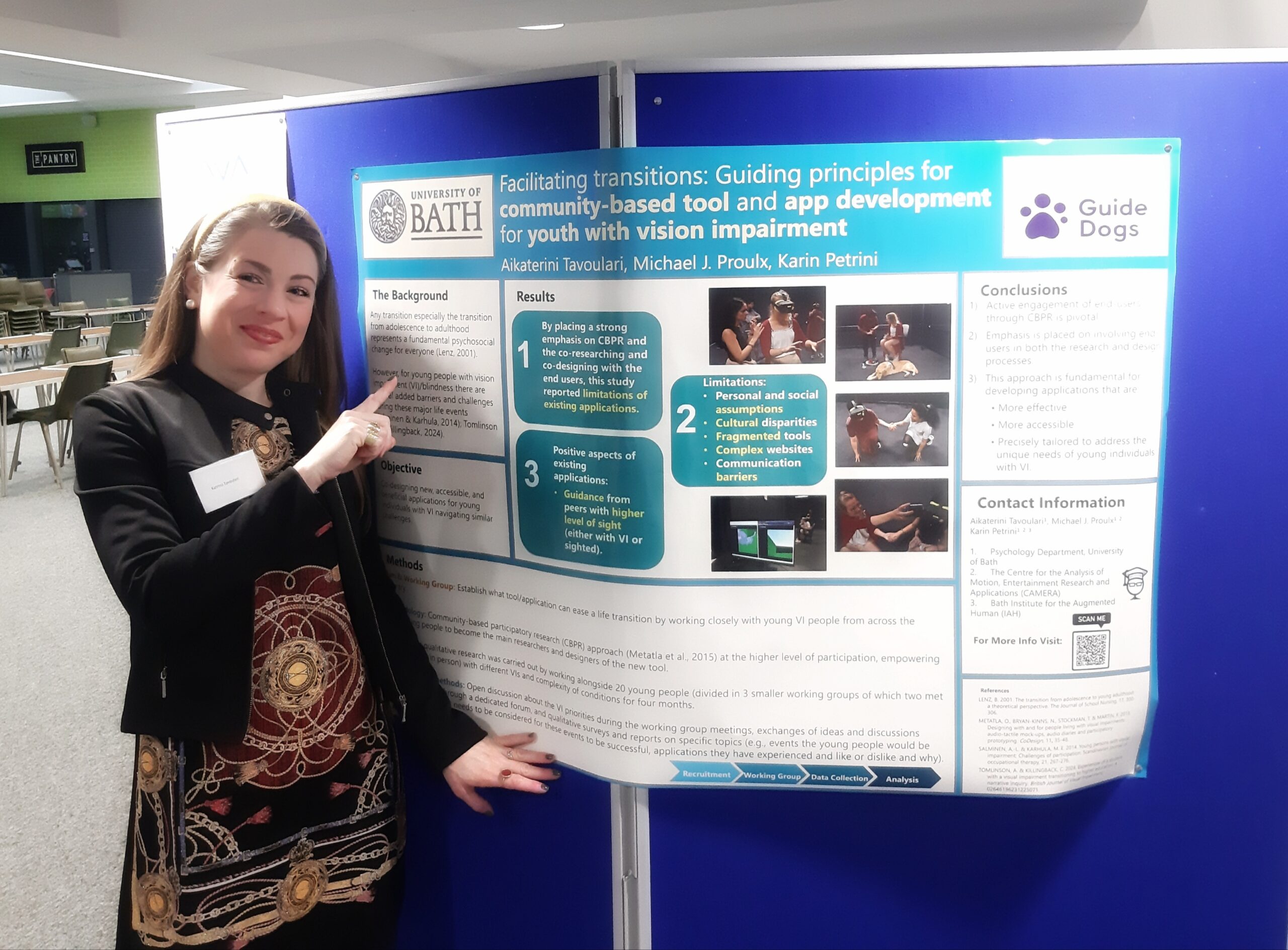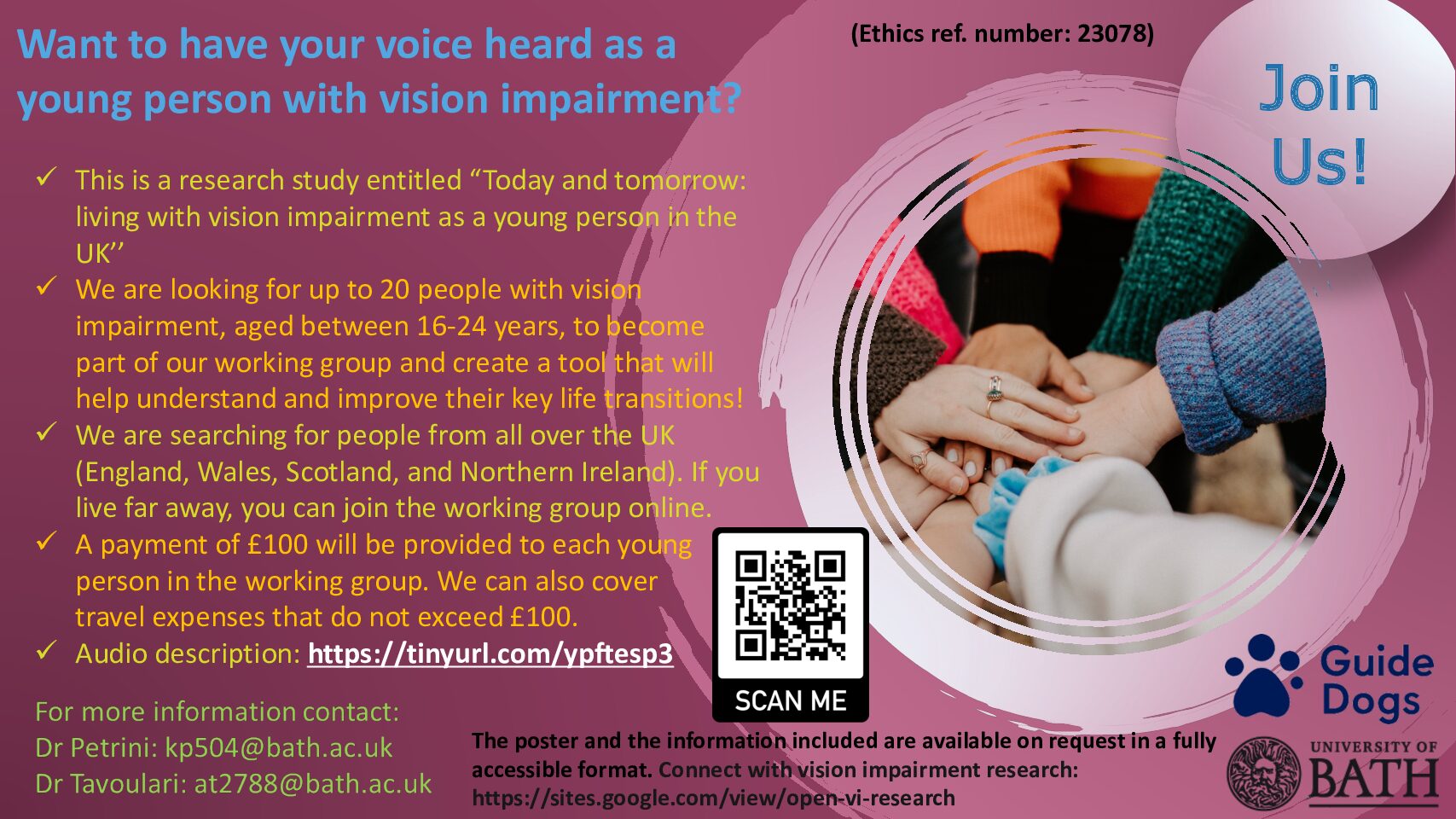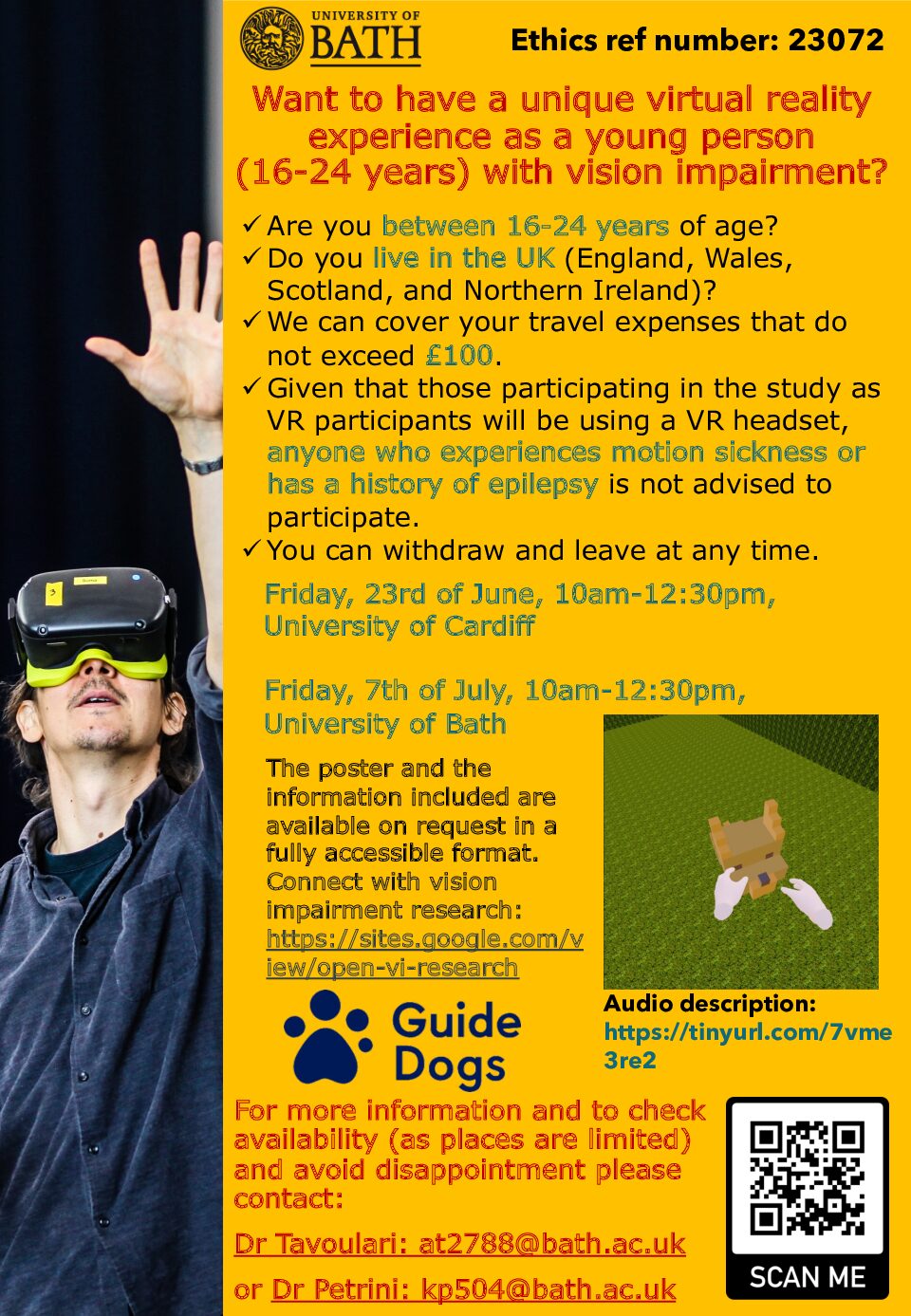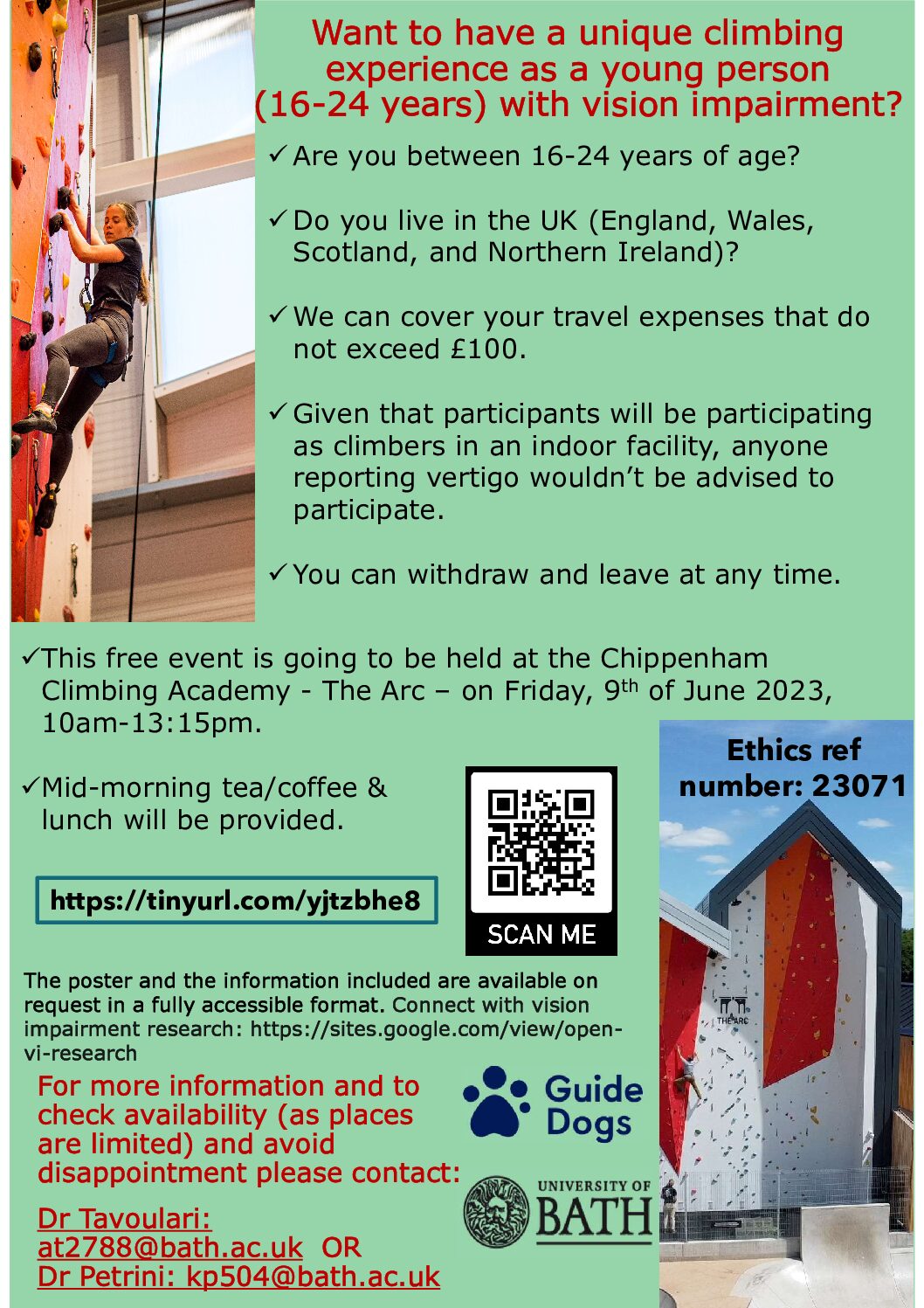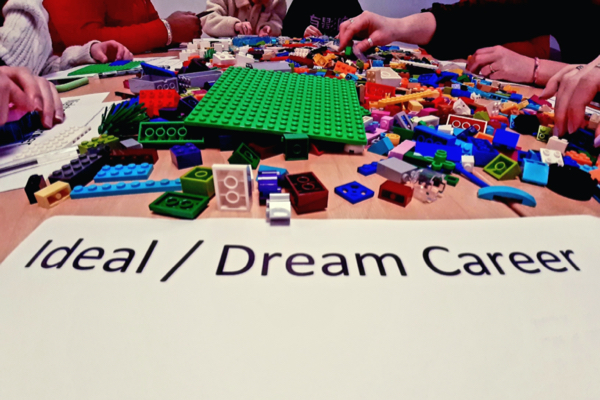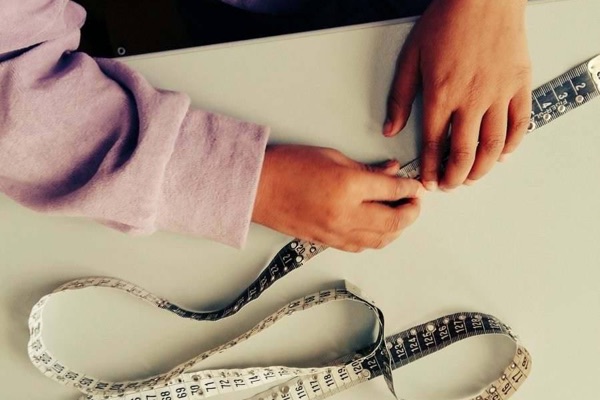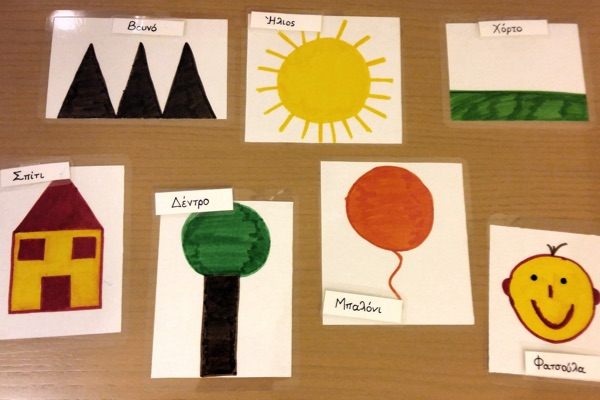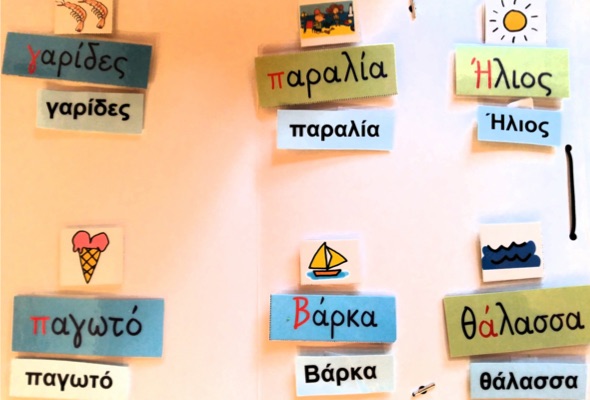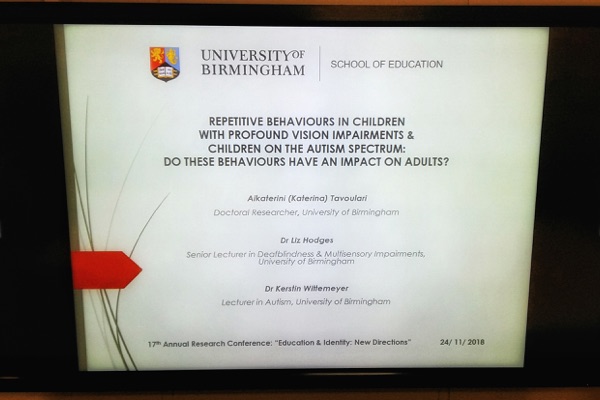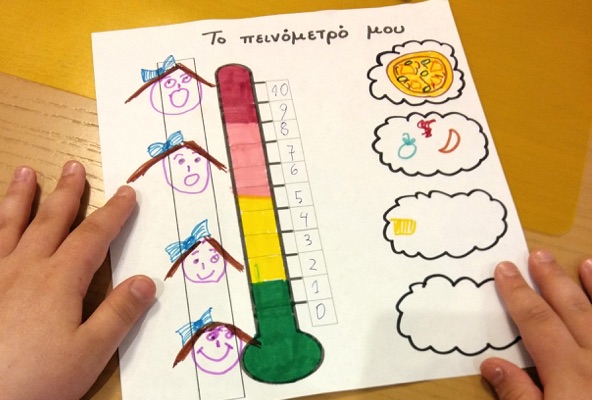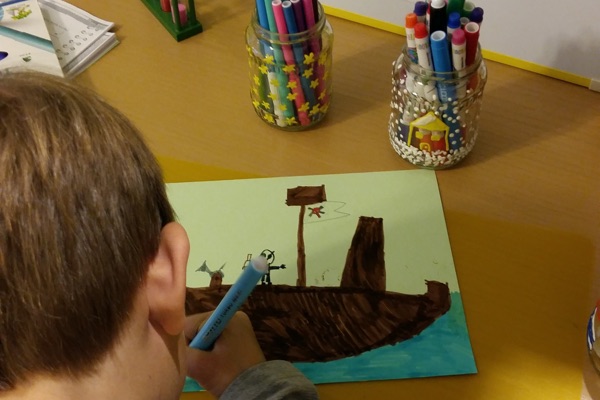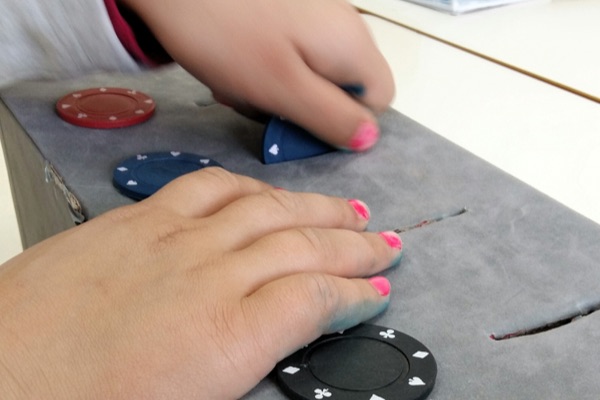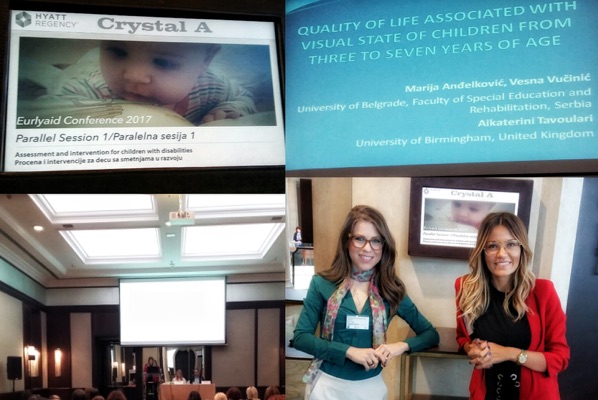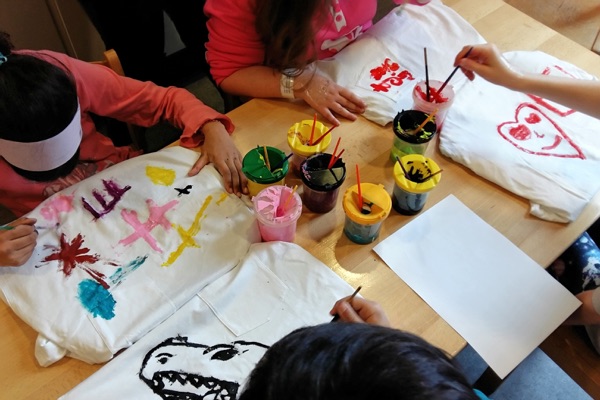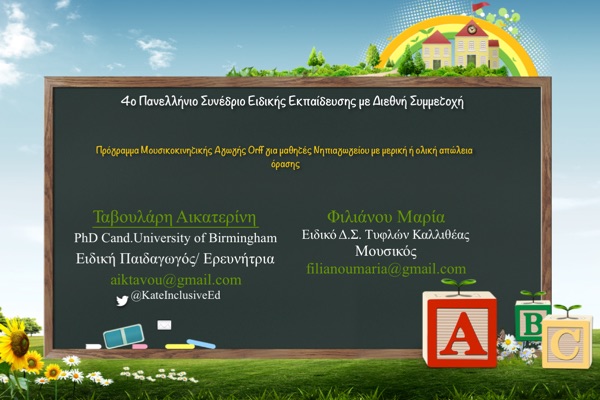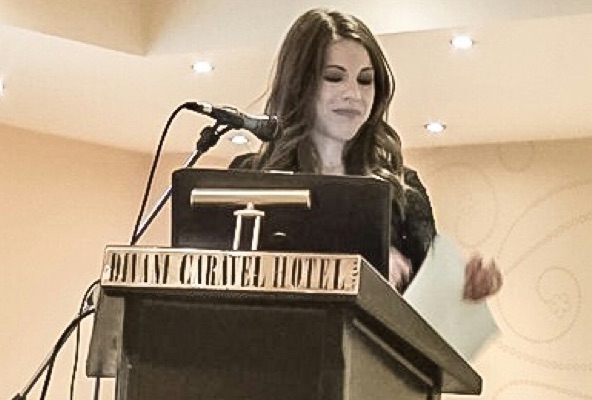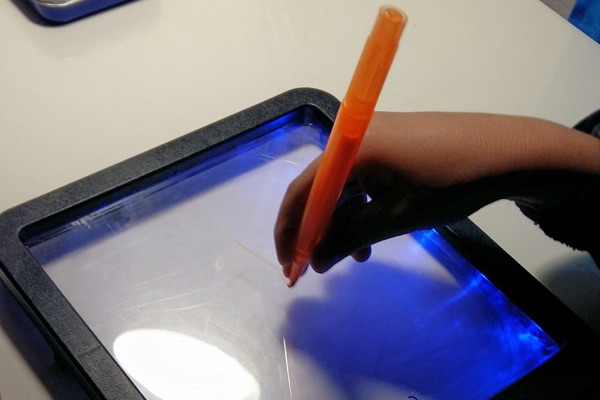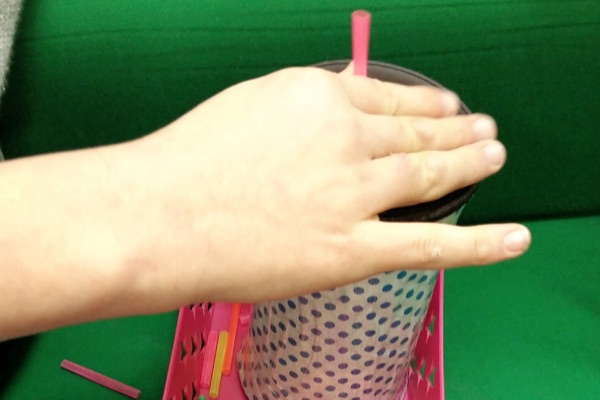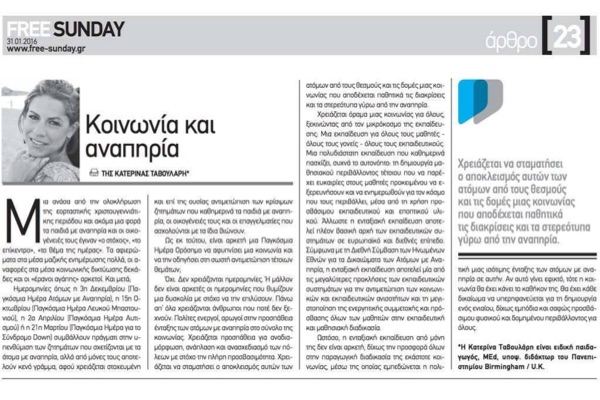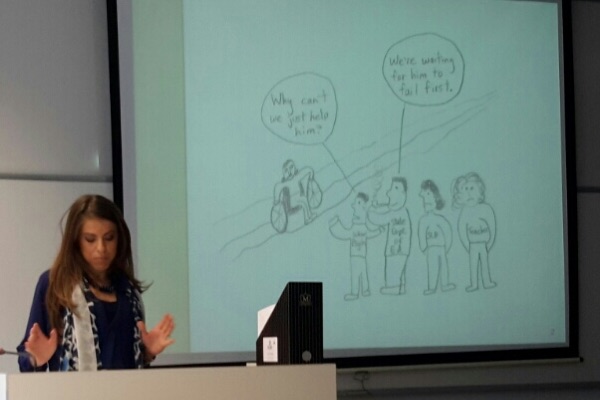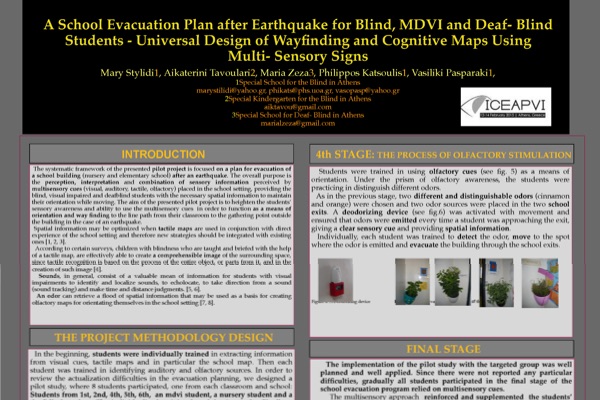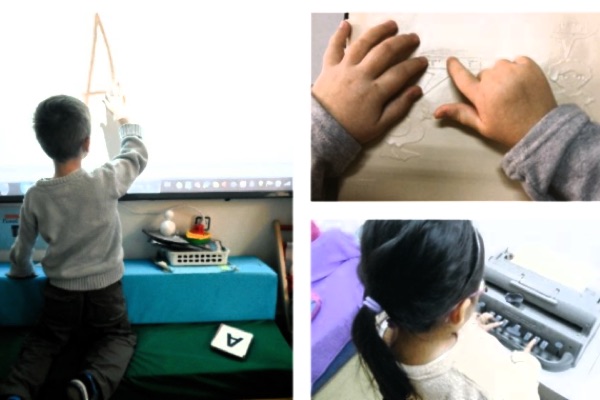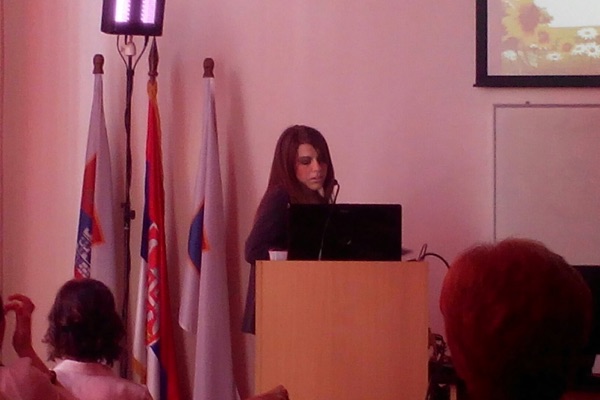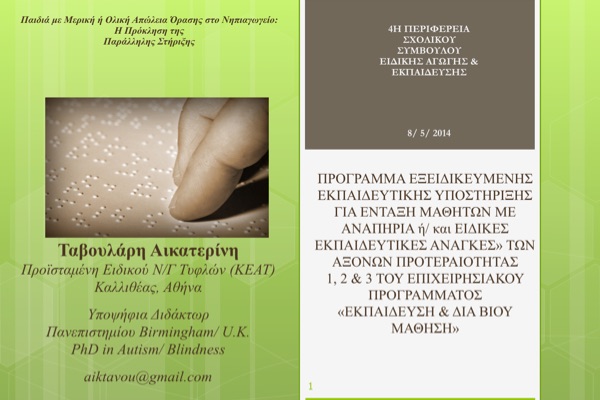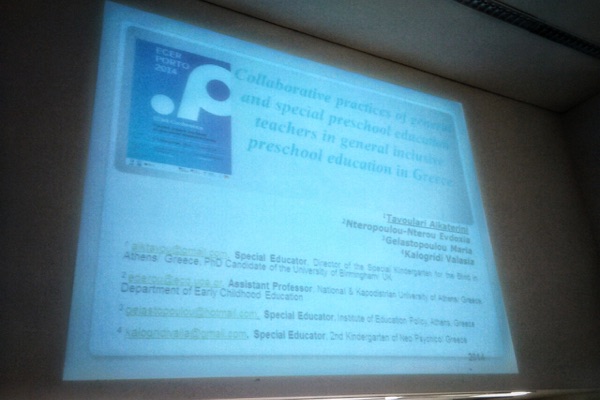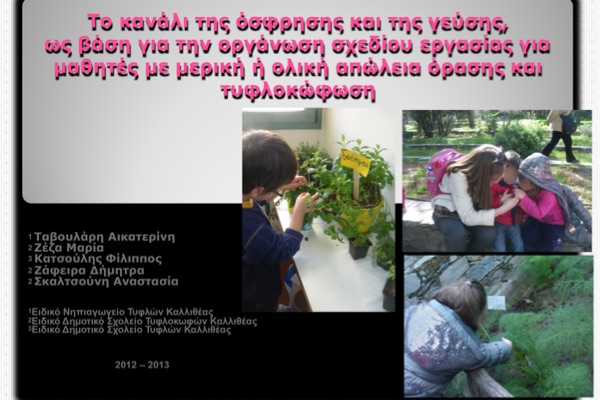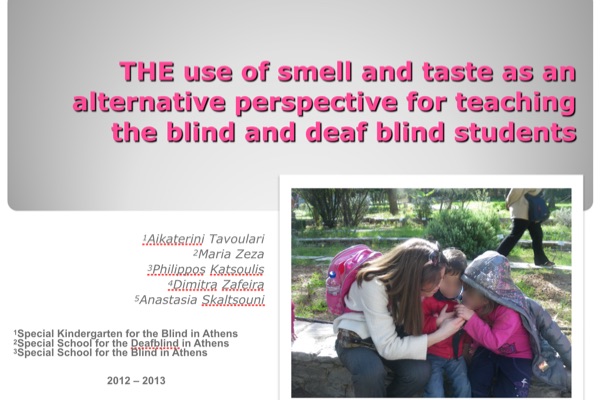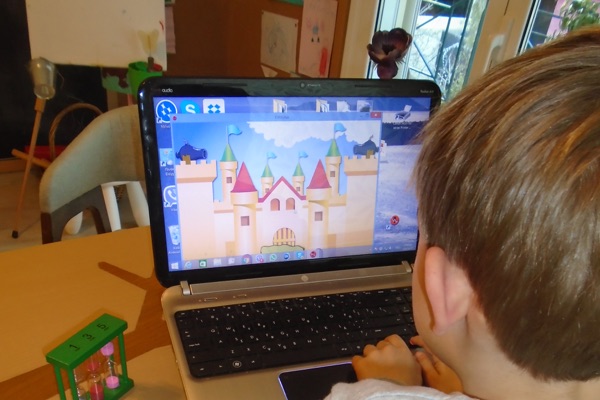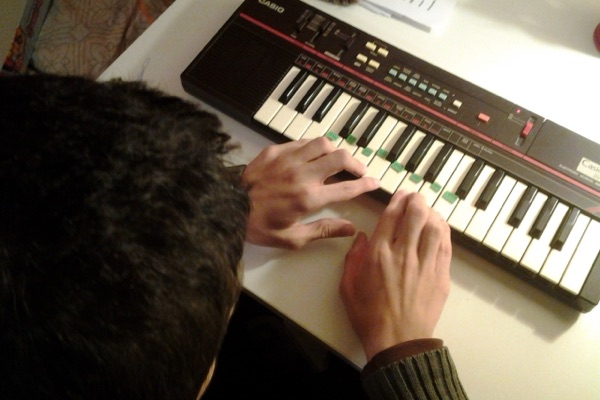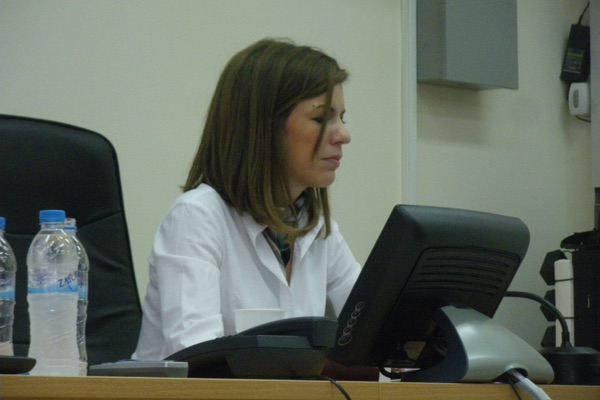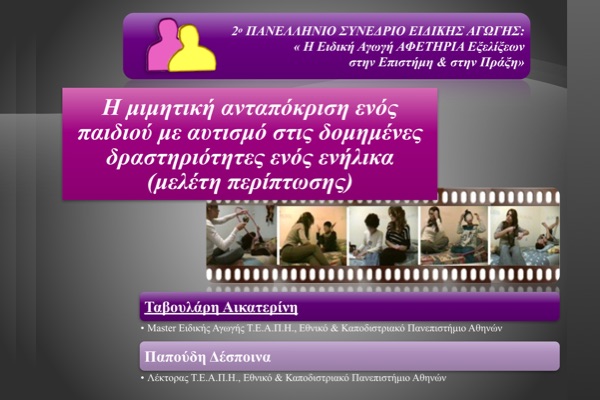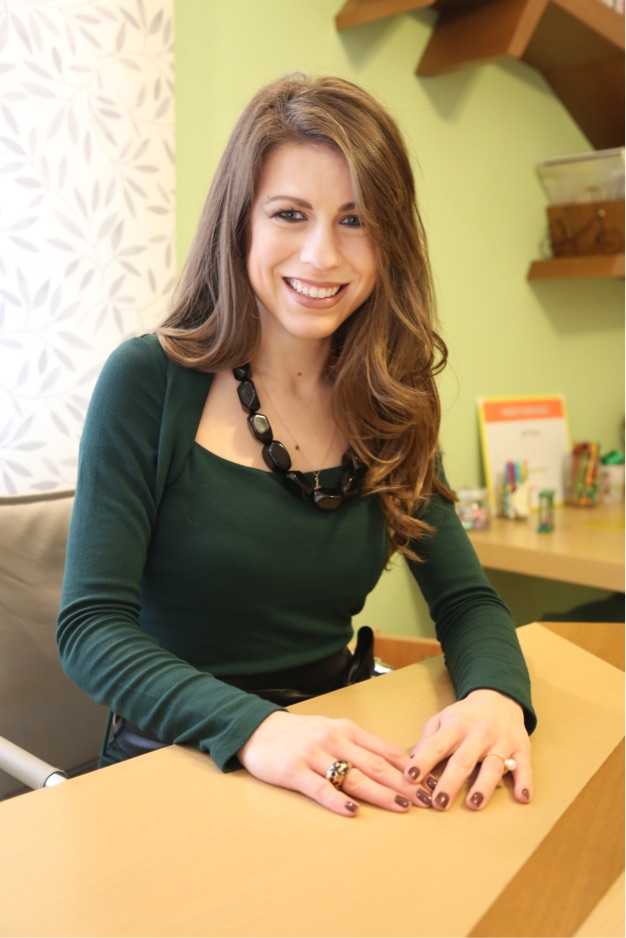
As the years go by, I realise that life always leads you to what is best for you…
At The Moment…
I recently joined King’s College London’s Research Management & Innovation Directorate as a Research Associate. This is my second post-doc, where I track and analyse long term research career paths of our researchers. I bring with me over 17 years of interdisciplinary clinical psychology experience, spanning educational, developmental, musical and neuropsychology. This includes positions at Moorfields Eye Hospital, leadership roles as headmistress of specialised disability institutions in Greece (e.g. Special Pre-Primary School for the Blind in Athens), lecturing posts in business studies, and running my private practice specialising in childhood disability, with particular expertise in vision impairment. Throughout my career, I have woven together clinical expertise with academic research. Before (or in parallel with my role at King’s), I collaborated with several UK universities including Bath, East London, Oxford and Birmingham. I have always kept one foot in practice through organisations like RNIB, Guide Dogs, Retina UK and Goalball UK. This dual perspective has enabled me to develop distinctive qualitative participatory research methods grounded in real-world clinical experience. My role at King’s allows me to combine all these threads – clinical insight, research expertise, and a deep understanding of how ableism and social stigma shapes career pathways. We know the barriers faced by researchers with disabilities don’t vanish overnight – which is why I’m committed to both advancing vision research and understanding, then creating clearer and more inclusive career pathways for all researchers, starting at King’s. The deeper we understand barriers, the better we can break them down!
A Transformative Yet Deep Journey of Self-Discovery…
Until Decemeber 2024 I was a Research Associate (that was my first post-doc) at the Department of Psychology of the University of Bath. The title of my participatory project work was ”Today and tomorrow: living with vision impairment as a young person in the United Kingdom”. This collaborative endeavour proved pivotal in fostering inclusivity, deepening contextual understanding, and upholding ethical integrity. By actively facilitating the co-creation of knowledge, it strengthened the validity of findings and advocated for meaningful community impact and lasting social change, particularly in the context of sight loss and blindness.
On a similar note, I am an active member of the OPEN for Vision Impairment Research initiative, where researchers and scientists from around the world, focused on vision impairment research, are working to promote it through an accessible website that brings together researchers—whether or not they have sight loss—who share the same scientific passion.
In parallel, I collaborate with the University of East London as an External Examiner (for undergraduate and potgraduate disability programmes), while I also work as an Academic Tutor at the University of Birmingham, where I was accredited as a Fellow of Higher Education in the past. During my time at the university, I also I delivered seminars at the Business School related to equality, diversity and disability in the workplace as well as personal, professional and academic development. At the School of Education within the same university, I conducted seminars that centered on the application of qualitative methods in psychology. I have also participated in various research projects (e.g., “Lego Serious Play”, “Examining informal learning during crises: the case of UK healthcare practitioners”) and worked on short independent projects with students (e.g., “The Birmingham Project”). Concluding my achievements at the University of Birmingham, I served as an accuracy checker for the prominent Business School, further contributing to its excellence. To collaborate with researchers and academics from all five of the University’s colleges was very important for me and my academic development. Thus, I used to be the social media coordinator of “Children and Childhood Network (CCN)” for about 3 years. As a network, we tried to provide a unique forum for collaborations in research, education, policy and practice, for and with children.
Working as an editor in partnership with the University of Oxford’s Careers Service is one more of my commitments. My role is to source career profiles from a range of fascinating sectors written by researchers with backgrounds spanning the humanities, social sciences, physical and life sciences.
In 2021 I worked as a Teaching and Training Associate at the Institute of Education (IOE) of the University College London (UCL), where I delivered face-to-face seminars (on research methods and statistics, contemporary issues in psychology, psychological themes, and individual differences) at the Social Research Institute of the Institute of Education.
Furthermore and as mentioned above, my collaboration and volunteering activity with organisations/charities such as the RNIB (e.g., telephone groups for adults with sight loss) as well as Retina UK (serving as a group coordinator of Bristol and Bath area) enabled me to maintain my clinical experience and contact with individuals with vision impairment.
My research interests traverse interdisciplinary domains, drawing from my substantial experience as a clinician. I have closely collaborated with families, colleagues, and children navigating challenges such as vision impairment, autism, Down syndrome, psychosis, schizophrenia, attention deficit hyperactivity disorder, brain paralysis, and other disorders or learning difficulties. Although my work spans a diverse range, my personal focus centers on individuals with sight loss. I aspire to conduct participatory studies with them, unveiling and addressing societal stigmas and ableism. This effort not only contributes to policy but also strives to enhance their overall quality of life, especially during life transitions.
A key aspect of my professional path was running my private practice in Athens, where considerable effort was being made to put theory into practice via a combination of modern, as well as traditional intervention/diagnoses methods. Now, I am dedicated to advancing our understanding of sight loss by actively contributing to the development of new theories. My aspiration is to support the next generation of researchers who are focused on disability, let alone sight loss, by introducing participatory qualitative research into their work.
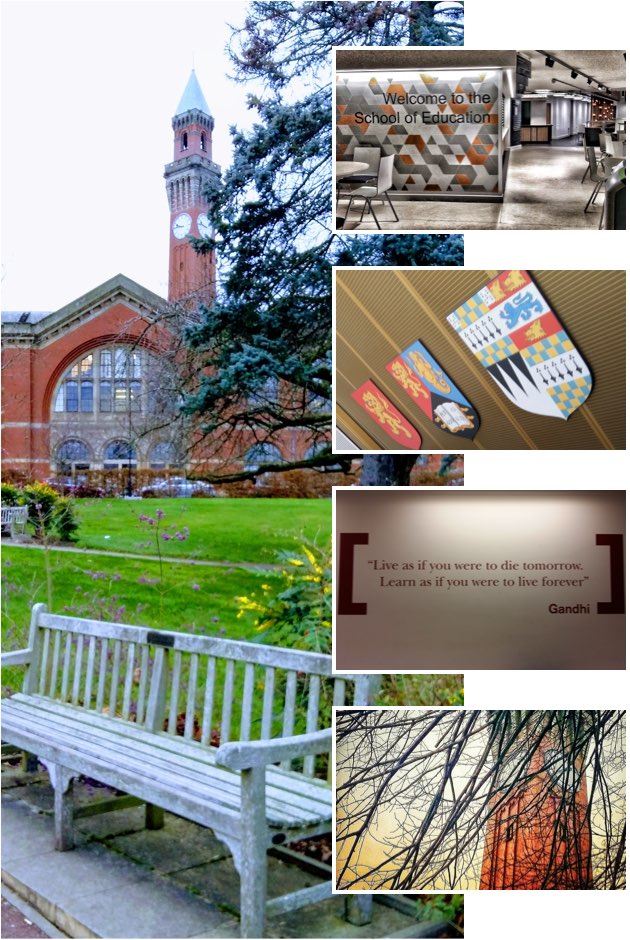
I had the honour of recruiting and maintaining a Patient and Public Involvement (PPI) group, which played a crucial role in shaping the direction and impact of the research. This included collaborating with a group of incredibly talented young people with vision impairments (and multiple disabilities) from across the UK. Together, we created the first-ever audiobook written, led, and narrated by visually impaired youth: “Infinite World of Vision: Life Transitions for Young People with Vision Impairments”. This project explores the unique challenges and opportunities that arise during life transitions, offering an authentic perspective on the lived experiences of these young individuals. Now available on Spotify, and soon to be released on 37 more international platforms like Audible and Amazon, this audiobook is a significant milestone in my work to elevate the voices of those with vision impairments. It contributes to a greater understanding of life with vision loss, while advocating for greater inclusion and representation within research and beyond.
I have not only secured funding for my dynamic involvement in conferences and programmes, such as receiving the prestigious “Engage and Involve Grant 2024” at the University of Bath, but I have also earned a spot among the 30 early career researchers in the ”GW4 Crucible” leadership development programme, and received seed funding to run the interdisciplinary project: “Explore sensory overload detection with biosensing wearables”, alongside colleagues from across the GW4 universities. These achievements showcase my dedication to staying at the forefront of my field, earning recognition, and actively contributing to academic and professional advancements.
With regard to my PhD research, this examined the perceptions of both caregivers and professionals who are working with children with vision impairment and/or children with autism spectrum disorder, focusing on the repetitive behaviours the children might present. But let’s start at the beginning… Thought and knowledge are constructions of perceptions that people have in terms of different aspects of the world surrounding them. Perceptions help people interpret the various aspects of the world, and without their help, their thoughts are simply vacant. The way people perceive a behaviour might impact on how they respond to it. As a consequence, discovering the perceptions of caregivers and professionals regarding the repetitive behaviour children with vision impairment and children on the autism spectrum manifest is a great challenge. A link has been shown to exist between the two aforementioned disabilities, in terms of people’s perceptions about the socially constructed manner in which a repetitive behaviour is perceived. Autism is perceived as a disability with challenging characteristics, such as a repetitive behaviour that is linked to social stigmatisation, taboo and ableism. In contrast, in vision impairment the existence of repetitive behaviour seems to be a consequence of sensory loss. The bi-directionality of the ecological systems theory seems to have been lost completely and the interactions between the ecological systems seem to be driven by the macrosystem.
My scientific interest in this topic began during my time as a disability practitioner of children with vision impairment and/or on the autism spectrum. The fact that both groups of students presented repetitive movements (receiving similar reactions/interventions by professionals), increased my awareness regarding repetitive behaviours and the ways in which adults respond to them.
The University of Birmingham in the United Kingdom embraced my PhD, which focused comparatively on vision impairment and on the autism spectrum. I graduated from the University of London (Institute of Education) and from the National University of Athens (interdisciplinary – interuniversity postgraduate programme) after completing a Masters (Distin) in Disability, Inclusion and Special Education. I completed my Bachelor (Hons) degree (in Childhood and Early Childhood Education) at the National ans Kapodistrian University of Athens.
In tandem with my academic pursuits, I completed the classical music piano programme at the National Conservatoire of Athens. This enriching experience not only fortified my musical proficiency but also played a pivotal role in seamlessly integrating my skills into the realm of early intervention and music therapy within the clinical sector.

Engaging in the world of academia through publishing and presenting at international conventions is an incredible opportunity that I cherish deeply. It grants me the privilege to connect with a diverse network of academics, researchers, practitioners and stakeholders from around the globe, each bringing a unique perspective shaped by their distinct backgrounds. These interactions not only enrich my own understanding but also serve as a catalyst for refining my research ideas and broadening my horizons.
Every paper I write is an opportunity to weave a captivating narrative, sharing the insights and discoveries that emerge from my tireless efforts. As I stand before an audience to deliver a presentation, I embark on a brief yet meaningful journey via theory and practice, inviting others to join me in exploring the depths of my research.
Beyond personal satisfaction, my ultimate goal is to contribute to the collective advancement of science. I sincerely hope that my work will inspire and empower other researchers to push the boundaries of their own investigations. Collaboration is the lifeblood of progress, and I welcome any opportunity to join forces with like-minded individuals in the pursuit of knowledge.
As a testament to my commitment to the field, I am grateful to serve as a peer-review Journal Reviewer for esteemed publications such as Children and Youth Services Review (UK, 2024-present), Neos Paidagogos/New Paedagogue Conference (Greece, 2015-present), and i-Teacher Journal (Greece, 2018-present).
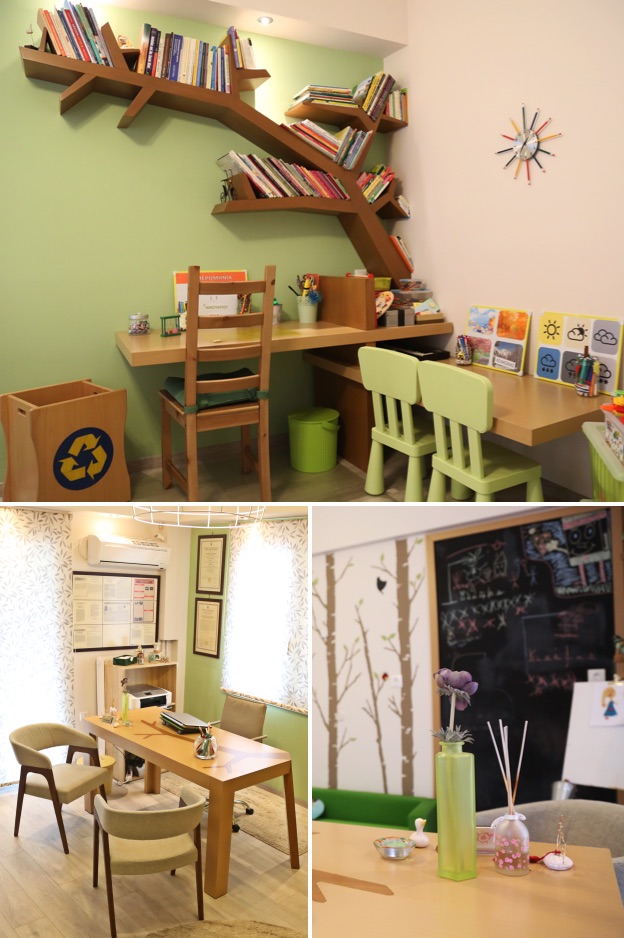
From 2002 and for about 16 years, I worked as a chartered disability practitioner and an educational psychologist in private and public institutions both in Greece and in the United Kingdom. Also, from 2015 and for approximately 3 years, I ran my own private practice in Greece, a “Special Education Centre for the Child, the Adolescent and the Family” focusing on children and adolescents with multiple and learning disabilities, as well as their families. The fact that I have experience in working with children without disabilities has helped me to enhance my intervention on a psychological, emotional, cognitive and social level, in a more comprehensive way. I have organised educational seminars and academic conferences and I have done voluntary work as a counsellor for persons with disabilities regarding social welfare issues at the Greek Red Cross, the World Summer Games Special Olympics and at summer camps.
My work experience as the headteacher of four Special Education Pre-Primary Schools (most of my time was dedicated to the ”Special Pre-Primary School for the Blind” in Athens) has taught me the importance of listening to parents and cooperating in a professional but friendly manner. Moreover, as the owner and director of a private practice, I tried to develop my organisational and multitasking skills, as I played the part of facilitator among parents, children, other professionals and external stakeholders. As a result, I have learned to solve problems in a peaceful, yet decisive way and to take initiative as appropriate, always prioritising the wellbeing of children and their families.
When a child with sight loss needs to undergo an operation, it is never an easy process. This child has to prepare psychologically and practically beforehand, and receive rehabilitation afterward. The same applies to family members, who may also be adults with vision impairment or blindness themselves. I provided this kind of support and preparation to children and families attending Moorfields Eye Hospital in London for more than 5 years.
In the United Kingdom, I hold recognition as a Chartered Psychologist (CPsychol – 756180) with the British Psychological Association, and as a Chartered Disability Practitioner (IN/1287) by the National Association of Disability Practitioners.
GRANTS & FUNDED ATTENDANCE




